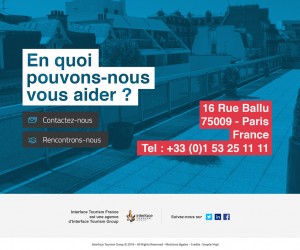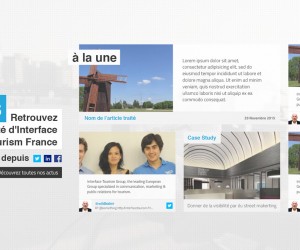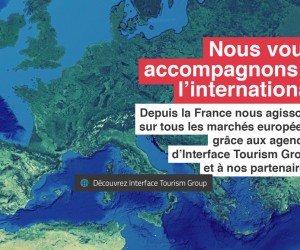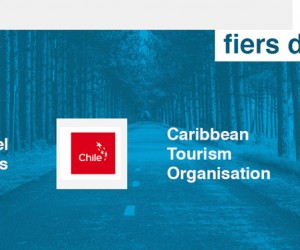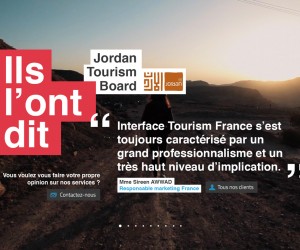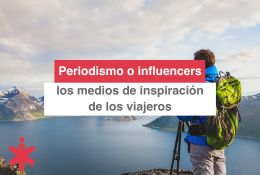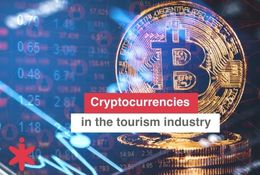Europe’s Tourism SMEs are getting smarter
Europe’s Tourism SMEs are getting smarter

Crisis? Who said crisis?
18/04/2017
They’re here to stay Objective: target the millennials
08/05/2017Europe’s Tourism SMEs are getting smarter
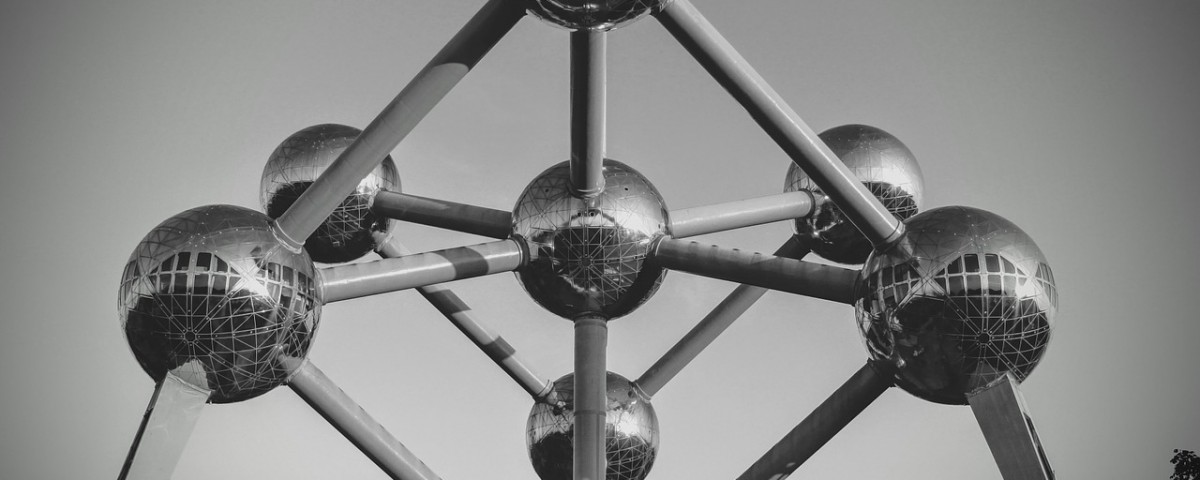
We’ve reduced and copied Chris Pomeroy’s article in MMGY News published a few weeks ago.
Saturday 25th March marked the 60th Anniversary of the signing of the Treaty of Rome and the birth of the European Economic Community (EEC). 9 years before, the European tourism industry, with the help of the Americans, had already created the European Travel Commission as part of the Marshall plan for rebuilding post-war Europe. Who among those signing the 1957 European trade agreement focusing on coal, steel and agriculture could have imagined that 60 years later Tourism would be so vitally important to the European, indeed the global economy. Who, come to that, could have foreseen the importance of the role of small and medium enterprise in Europe’s tourism industry of 2017.
Try to imagine a tourism experience in Europe without interacting with small and medium sized enterprises (SMEs). No taxi, no boutique hotel, no wine tour, no fine dining, no guides, no shopping, no theatre… SMEs account for 2 in 3 tourism jobs in Europe. They are also helping to drive innovation and digital transformation in the travel industry but if Europe is to foster a culture of innovation and sustainable development its institutions and legislators must support tourism SMEs.
Last month I had the privilege of being asked to moderate a high-level panel discussion on “Assisting European SMEs in navigating the digital landscape” as part of an event organized by The European Parliament, The United Nations World Tourism Organization and Amadeus called “Connecting Europe through innovation”.
In the panel, Iuliana Gabriela Aluaș, Deputy Head of Unit European Commission, DG GROW, Unit F4 – Tourism, Emerging and Creative Industries, declared that “Tourism is one of the sectors most impacted by the digital revolution. Our actions at the Commission aim to support tourism SMEs, who often find it difficult to keep up with the rapid evolution of digitalization, to improve their uptake of digital tools and online marketing and distribution channels. We are also looking into the collaborative economy in the short-term accommodation rental sector and organizing targeted workshops to facilitate a constructive dialogue between industry and national/regional authorities and other relevant stakeholders to possibly come up with a set of principles applicable to collaborative economy in the tourism accommodation sector”.
Cláudia Monteiro de Aguiar, Member of the European Parliament, Committee on Transport and Tourism added: “Some of the major challenges still faced by SMEs are the lack of technological knowledge, funds and e-skills. Addressing these challenges is definitely critical to the growth and development of SMEs. Thus, policy-makers and private companies should provide training; should support the creation of qualified jobs and create an “SME friendly” environment in order to boost digitalization of tourism businesses.”
During the event it was possible to see how these intentions are being applied on the ground. The Carmacal calculator is an online web-based tool that can calculate the entire carbon footprint of a travel package; this implies transportation, accommodation, excursions and activities. It is a unique an innovative tool that could, indeed should, be used all over the world. It was developed by ANVR, a private industry association of Dutch tour operators in collaboration with NHTV, a private university. According to Gerben Hardeman, Manager Responsible Travel & Tourism, ANVR, “We all (public and private sectors) need to take responsibility to work on carbon management. Carbon management and reduction should be normalized within the travel and tourism industry. This is an open invitation to European policymakers and the European private sector to start an innovative carbon management project to apply carbon management and further developing the tool for various target groups in Europe. I would also like to highlight that more than 80% European holidaymakers value the importance of their own carbon footprint”
Our next SME was Travel Compositor, which helps traditional travel agencies of every size and OTAs respond to the market’s demands for a more personalized travel experience. This seemed to me to be perfectly adapted to what the European Commission had said earlier was their objective of “helping SMEs in their digitalization”. So what sort of support was Travel Compositor getting from the public sector? Manuel Aragonés, CEO of the company, confessed that “Ironically, we are a European start up and yet our service has been embraced first by destinations, institutions and companies in America. Here in Europe it seems that the DMOs are more concerned about the politics of facilitating a digital solution to their local stakeholders”.
European destinations were the next characters to bring into the picture. Most DMOs are themselves public-private partnerships and Vienna is no exception, although it is officially “the most livable city in the world”. Its balance between prosperity and sustainability make it a global benchmark as a “Smart City”. Andrea Kostner, Deputy Director, Content Management & Production, Vienna Tourist Board, declared that “Vienna works closely with local technology providers and with our predominantly SME stakeholders in order to make Vienna a “smart tourism city” – a city that offers both visitors and residents an exciting yet relaxed, authentic, comfortable and “green” urban experience. Most of our marketing budget for promoting visitation to Vienna comes through a tax that is paid by visitors through hotels so clearly we need tourists to use hotel services. That said, we do have Airbnb in Vienna but the offer is relatively small compared to our 63,000 hotel beds. This is partly due to the fact that a significant percentage of residential accommodation in the city is subsidized by the government or municipality and can therefore not legally be sublet.”
CEHAT, the Spanish Confederation of Hotels and Tourism Accommodation providers, is a great example of European best practice for associative travel industry collaboration. Twelve years ago they created ITH (Institute for Hotel Technology) to promote innovation in the industry. CEHAT’s members are large and small but I suspect the smaller hotels in Spain are among the most competitive and technologically advanced in Europe, if not the world thanks, at least in part, to ITH’s not-for-profit culture of innovation and knowledge sharing. Talking about how the not-for-profit collaborative model of ITH could be implemented on a European scale, Ramón Estalella declared: “I represent CEHAT on a number of European hotel industry associations and events and we are always expressing the need for more public measures to facilitate innovation and digitalization for SME´s. Technology and innovation are essential but they mean nothing without the training and information for hoteliers. European authorities and institutions must support tech and innovation start-ups but not to the detriment of also supporting long-established hotel SMEs. Politicians and institutions are putting resources behind the “sexy” start-up culture but they should not forget their obligation to help make that innovation accessible to the thousands of hotels, many of which are SMEs that represent the backbone of Europe’s tourism industry.”
This last comment was a great reality check to end a one-hour session that sought to encourage straight talking and practical collaboration between the institutions that are often accused of legislating from their ivory tower in Brussels and the representatives of the continent’s all important small and medium enterprises.
Original and complete article can be read at the MMGY website.
Por Chris Pomeroy


 All the news
All the news  Back to newsroom
Back to newsroom